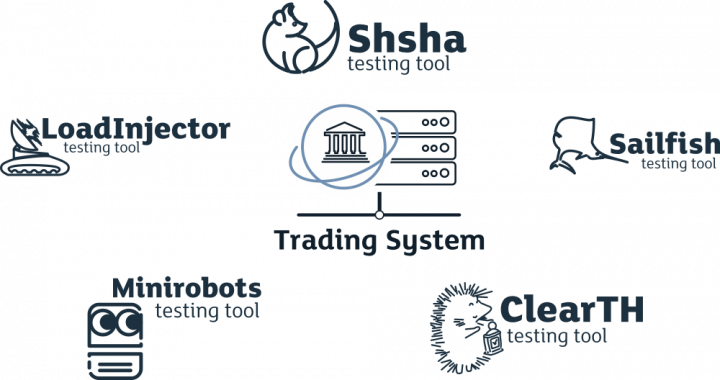Reference test harness for algorithmic trading platforms
The safety and stability of algorithmic trading software is an ongoing concern for exchanges, market participants and the society in general. Financial regulators worldwide are trying to create effective rules to prevent selfenforced market volatility and technology crashes caused by computer-aided trading. Specifying relevant requirements for dynamic software verification of algorithmic trading platforms remains an on-going task. Yet, there has been little progress to date in locating efficient and commonly accepted approaches. This paper introduces a reference test harness implementation for algo trading platforms created by the authors.
Victoria Leonchik, QA Lead, Technology, Reference Data, Exactpro, LSEG
Alexey Sukhov, QA Lead, Technology, Exactpro, LSEG
Eugene Ushakov, QA Lead, Technology, Market Data, Exactpro, LSEG
Iosif Itkin, CEO, Exactpro, LSEG
Anna-Maria Lukina, QA Team Lead, Exactpro, LSEG





